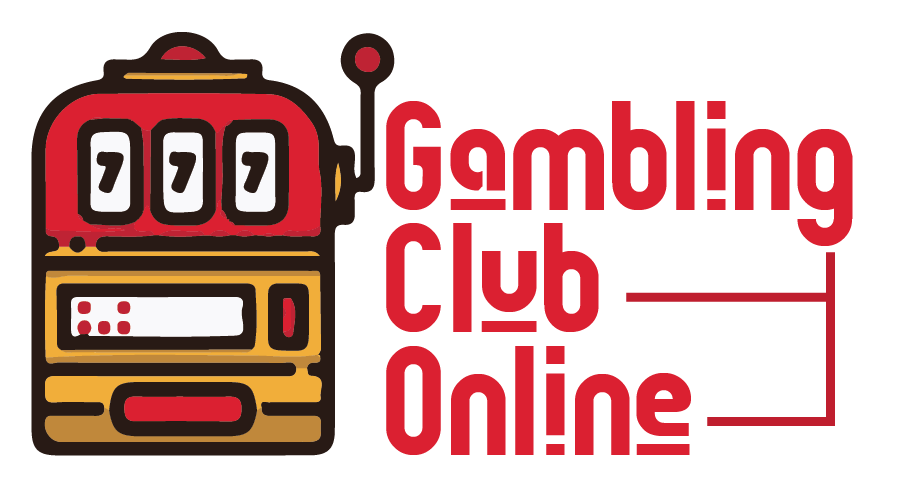The Legalization of Gambling: Pros and Cons
Legalizing Gambling: Pros and Cons
Legalizing gambling has many advantages, such as revenue for the government, job creation opportunities, and economic stimulation. But there are also drawbacks to consider.
However, some people contend that legal gambling can lead to addiction and other social issues. The following article will explore both the advantages and potential drawbacks of legal gambling.
It generates revenue for the government
Gambling can generate enormous revenue for governments. This money could be put towards social welfare projects like housing and healthcare.
Gambling can also help stimulate tourism, leading to economic development and employment opportunities. Gambling revenues should be carefully monitored and taxed.
State legislatures frequently rely on gambling revenue to fill budget holes or create new spending programs, but this source of funding should not be relied upon as a long-term solution for states.
Recent growth of gambling revenue has slowed due to market saturation and industry cannibalization.
Legalizing gambling has resulted in the opening of numerous new casinos and racinos, leading to higher revenues in some states; however, growth rates have begun to slow down as well.
It helps to prevent problem gamblers
Gambling is an activity where someone wagers money on the chance that an outcome will differ from what they anticipate. It’s legal in 48 states plus D.C., while it’s prohibited in Hawaii and Utah.
Gambling can be a fun way to pass the time, but it also has the potential to turn into an addiction that threatens one’s health and financial security. If you are suffering from problem gambling, it is essential that you seek treatment and support from those closest to you for assistance.
Fortunately, there are ways to prevent problem gambling and get help if you become addicted. The most crucial step is understanding how to recognize and avoid situations that increase your likelihood for developing a gambling problem.
Relapse prevention is another essential element. This training program helps you identify and address high-risk situations in your life that could be increasing your likelihood of gambling.
It is a form of entertainment
Gambling is an activity where individuals wager money or valuable items on the outcome of a game. It can come in many forms and provide entertainment for some while being an issue for others.
Gambling options range from casino games and sports betting to lottery tickets and more. Plus, people can gamble both online and from their homes.
Gambling has long been an integral part of American culture and history, brought over by European settlers and enjoyed by both colonists and Native Americans alike.
While some may find gambling to be an enjoyable form of entertainment, others may become addicted to it. For these individuals, gambling can lead to financial and personal difficulties.
It is a form of taxation
Legalizing Gambling: Pros and Cons
States that are financially troubled often turn to gambling as a form of revenue generation. This can result in increases in state-by-state revenues from major forms of gambling such as lotteries, casinos and racinos, pari-mutuel wagering, and video gaming machines.
However, these gains are not guaranteed. As market saturation sets in, revenue growth slows or even stops altogether.
For instance, Pennsylvania saw strong growth in casino tax revenue after racinos were first authorized there in 2004 and casinos opened their doors two years later – until neighboring states opened their own facilities.
Tax revenues from gambling not only benefit the economy, but they provide employment to thousands across America. When this industry is properly regulated and monitored, players can feel secure about their money and know they won’t get scammed by criminals – creating a win-win scenario! Plus, governments benefit immensely by collecting tax revenues from this lucrative source.




